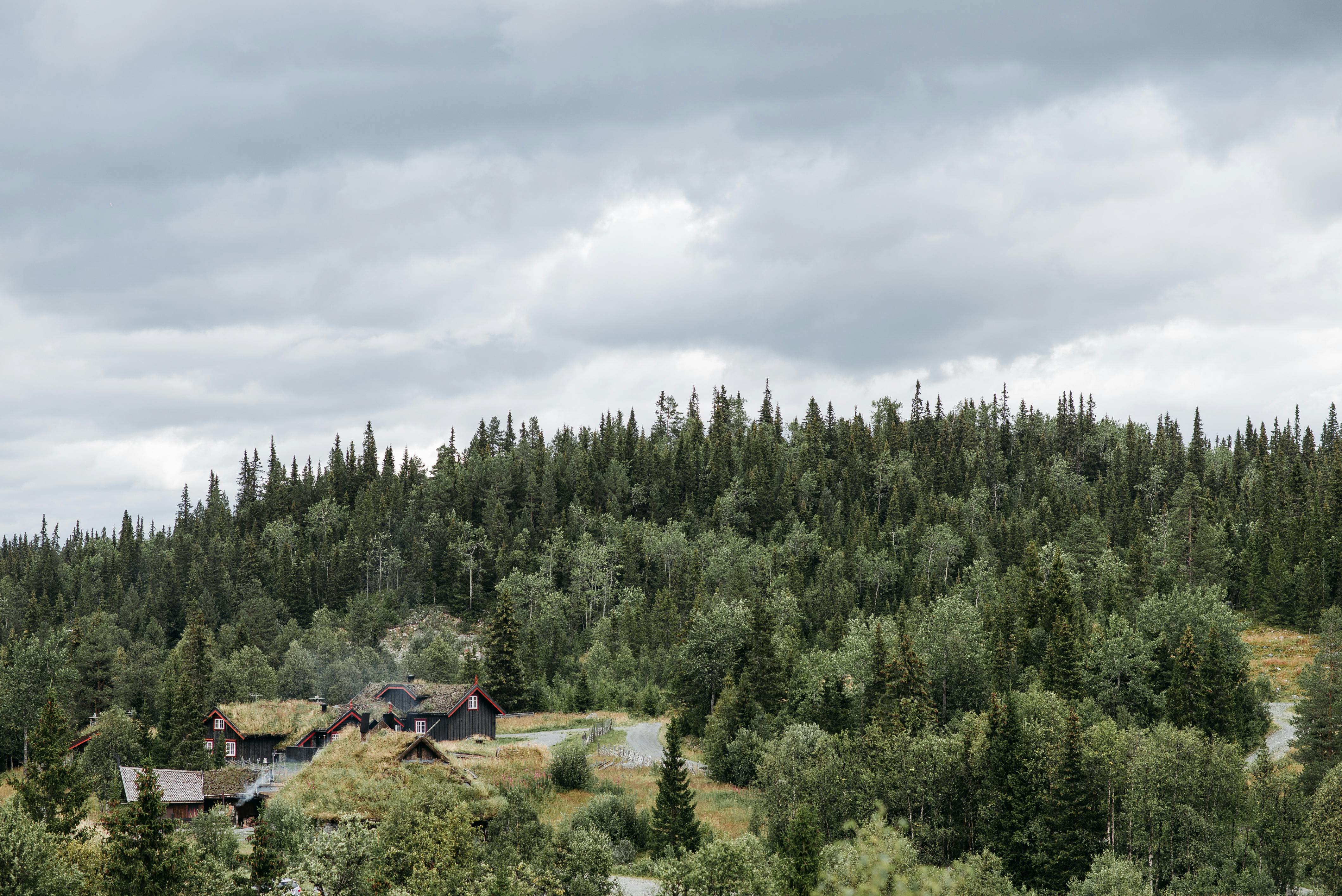I found out that there are tips for senior and junior students to write science fiction. I have four main tips.
1. Persistence: You will need persistence. Writing a novel is more than writing an article. There are many more things that the author can do today, especially if he wants to publish independently. He has to proofread, illustrate, cover, market and maybe even sell his book. Be prepared for the many hiccups and carries.
2. Research: There is a lot to research, especially in science fiction. What you find may surprise you. Using many facts that are mysterious to help according to point four below. Research is the key.
For example, here are some facts. The moon is molten inside, not cold as is commonly believed. He becomes what is called maria and has flowed over the surface of the moon covering the craters. You can see this in any image of the moon. These darker areas look like seas from a distance. The maria is made by the moon going around the Earth in a perfect circle, but the center of this orbit is not the center of the Earth. This causes differential gravity and moonquakes. Note that the moon does not have many craters after the maria has been discharged from its interior. Thus, it appears that the maria is relatively recent in the moon’s history, and craters have been forming beneath the maria for a long time. The assumption is that the moon was brought to this planet, and before that a crater was formed elsewhere.
There is folklore from Greece to Finland to Tibet telling when the moon came and the people who came with it. The moon does not line up with the plane of the earth. It is in a plane with our sun and other planets in its place. The moons of the other planets are in a plane with those planets, but not with our moon. So from all this data it would seem that the moon could have been placed here and this sets the mood for a story. It’s good science fiction research.
3. Get rid of dead wood and straw: You need to remove all the unnecessary junk from your story. Your audience doesn’t want to waste time. They want to get what they bought, and nothing more. Many write everything they want to write from their own perspective. They just let rip. But when it’s finished, they select it and pull out entire paragraphs, sentences, and maybe even entire sections of your book. They do this by reading the story from the reader’s point of view. Would I want to read all this all this if I were the reader? Nope? Then you should sacrifice it. And after you’ve removed anything that doesn’t directly enhance the story, you should have a good read. Remember that it is the readers who decide if it is good, not the writer. So read and select your work from the reader’s point of view.
4. Mystery: Mystery is the glue that binds the reader to the writer in all genres. I like the mystery of the mortar that holds the brick together. A brick wall doesn’t hold up without mortar and a novel doesn’t hold up without mystery. It just won’t work. And it seems that the more mystery, the stronger the grip the writer has on the reader.
If you look at the research in the example above, that’s good data, but it’s the mystery that keeps it there. Here may be more examples: Does the Earth revolve around the sun? Copernicus said it, but no, it is not. Is the sun made of hydrogen? Where is the actual evidence that hydrogen is present? Is a void really a void of nothing? Absolutely not. Now, before you run off screaming that I have crap to write, do your research. If space was totally empty, how could there be a few absolute degrees above zero? It is, you know. And if it is above zero, what is it that maintains the temperature, and indeed what is temperature?
So these are my four tips. If you can master these, your writing is three-quarters there. Good luck.
